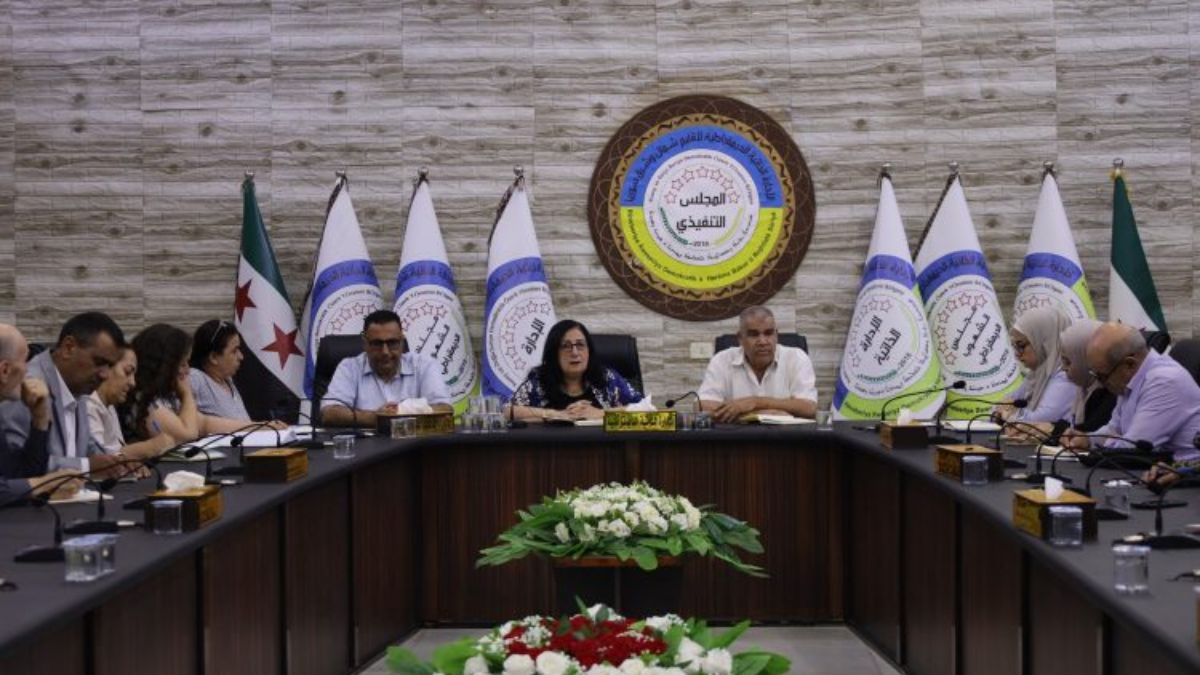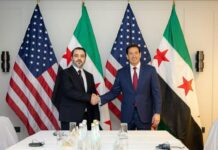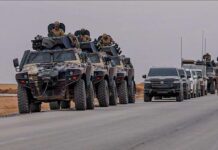
More than six months after the signing of the March 10 agreement to integrate the Syrian Democratic Forces (SDF) into state institutions, mounting evidence suggests the group is reluctant to follow through on its commitments, raising questions about its sincerity and the future of Syria’s fragile political transition.
Agreement Signed, but Progress Stalled
The accord, signed in Damascus between transitional President Ahmad al-Sharaa and SDF commander Mazloum Abdi, was hailed as a breakthrough. It promised the integration of civilian and military institutions in northeast Syria, constitutional guarantees for minorities, and the return of state control over border crossings, airports and energy facilities.
Yet the process has stalled. Despite assurances from SDF representatives, clashes have erupted in the Aleppo countryside. On September 24, the Syrian Ministry of Defense confirmed two soldiers were killed by SDF fire in Deir Hafer, accusing the group of “systematically targeting civilians and military personnel.” Turkish officials echoed the charge, with the Turkish Ministry of Defense stating on September 25 that “the SDF is not committed to the March 10 agreement … and this threatens regional peace and stability.”
Mixed Signals From SDF Leaders
Public statements from SDF officials underscore the contradictions. Yassir al-Suleiman, spokesman for the Autonomous Administration’s (AANES) negotiating delegation, told North Press September 26 that “all committees are ready” and reiterated that solutions must preserve Syria’s territorial unity. However, Farhad Shami, head of the SDF media center, argued in a September 26 interview with Rojava TV that Damascus was “not ready to receive an organized military, social and political administrative organization” like the SDF.
Shami accused the government of attempting to dissolve the SDF “under the cover of integration,” while insisting the group is more than a military faction. His comments appeared at odds with Suleiman’s calls for technical committees to begin work with Damascus.
Rising International Pressure
The lack of progress has drawn international attention. At the United Nations General Assembly, Turkish President Recep Erdogan pressed Sharaa to enforce the deal, warning that failure to integrate the SDF by December could prompt Turkish military action. Erdogan repeated Ankara’s demand for “one state and one army,” aligning with Damascus’s position that parallel armed structures undermine sovereignty.
Syrian officials also voiced frustration. Ambassador Ibrahim al-Olabi told Rudaw that delays in implementation were “frustrating” and warned that the SDF’s “decentralized ambitions” risked division. Sharaa himself, speaking at the Concordia Summit on September 22, criticized the SDF for moving too slowly and described calls for decentralization as carrying “separatist dimensions.”
Actions Undercutting Dialogue
Meanwhile, political tensions in AANES run areas add to skepticism. On September 25, a fire severely damaged the Kurdish National Council (KNC) office in Amuda, in what local sources described as a deliberate arson attack by the Revolutionary Youth Organization, a group linked to the Democratic Union Party (PYD)—similar attacks have occurred in the past. The Council had recently accepted an invitation to meet Sharaa, a move opposed by the SDF.
With deadlines looming and violence persisting, the March 10 agreement risks unraveling. While both sides continue to trade accusations, the SDF’s actions—from armed clashes to obstructing rival Kurdish groups—point to hesitation in dismantling its autonomous structures, leaving the promise of unity and integration still unfulfilled.








